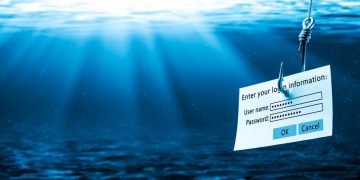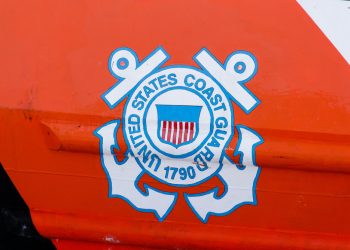The Chief Engineer of a foreign flagged vessel pleaded guilty to two felony counts for deliberately discharging approximately 10,000 gallons of oil-contaminated bilge water overboard in U.S. waters off the coast of New Orleans last year and then trying to obstruct USCG’s investigation of the spill.
The Chief Engineer of the ship, a commercial bulk carrier registered in the Marshall Islands, was charged with the illegal discharge in violation of the Act to Prevent Pollution from Ships. According to papers filed in court, repair operations were underway to correct a problem with the discharge of clean ballast water when a valve burst and the engine room flooded.
[smlsubform prepend=”GET THE SAFETY4SEA IN YOUR INBOX!” showname=false emailtxt=”” emailholder=”Enter your email address” showsubmit=true submittxt=”Submit” jsthanks=false thankyou=”Thank you for subscribing to our mailing list”]
Late on the night of March 13-14, 2021 after the leak had been controlled, the Chief Engineer and a subordinate engineer deliberately dumped the oil contaminated water in the bilges overboard. The discharge into U.S. waters occurred while the ship was at an anchorage near the South West Passage off the Louisiana coast.
The ship’s required pollution prevention equipment were not used, and the discharge was not recorded in the Oil Record Book, a required ship log.
The man was also charged with obstruction of justice based on various efforts to conceal the illegal discharge. In a joint factual statement filed in court with his guilty plea, the Chief Engineer admitted to the following acts of obstruction of justice:
- Making false statements to the Coast Guard that concealed the cause and nature of a hazardous condition, and concealing that the engine room of the vessel had flooded and that oil-contaminated bilge water had been discharged overboard;
- Destroying the computer alarm printouts for the period of the illegal discharge that were sought by the Coast Guard;
- Holding meetings with subordinate crew members and directing them to make false statements to the Coast Guard;
- Making a false Oil Record Book that failed to disclose the illegal discharge;
- Directing subordinate engine room employees to delete all evidence from their cell phones in anticipation of the Coast Guard inspection;
- Preparing a retaliatory document accusing the whistleblower of poor performance as part of an effort to discredit him.
The intentional pollution of U.S. waters and the deliberate effort to cover up the crime are extremely serious criminal offenses that will not be tolerated
said Assistant Attorney General Todd Kim of the Justice Department’s Environment and Natural Resources Division.

































































